In a significant development, President Joe Biden issued a stern warning to Israel, signaling a potential shift in US policy regarding the ongoing conflict in Gaza. The warning came during a phone conversation between President Biden and Israeli Prime Minister Benjamin Netanyahu on Thursday (April 4).
President Biden emphasized that the United States' stance towards Israel hinges on ensuring the safety of civilians in Gaza. This warning marks a departure from the traditionally unwavering support the US has offered Israel in the past.
The phone call, the first between the two leaders since a recent Israeli attack in Gaza resulted in the death of a foreign aid worker, underscores growing international concern over the humanitarian crisis unfolding in the region.
President Biden called for an immediate ceasefire and urged Israel to halt what he described as "unacceptable attacks." He emphasized the need for Israel to take concrete measures to protect civilians, including aid workers, in Gaza.
US Secretary of State Anthony Blinken echoed President Biden's sentiments, stating that the humanitarian crisis caused by Israel's operation in Gaza is intolerable. He emphasized that the Biden administration expects Israel to clarify its plans to ensure civilian safety. Failure to do so could lead to a shift in US policy towards Israel.
This warning marks a significant shift in the dynamics of the Israel-Palestine conflict, as the United States traditionally aligns closely with Israel's actions. However, President Biden's statement underscores the growing international pressure on Israel to address the escalating humanitarian crisis in Gaza.
The warning comes in the wake of US Secretary of State Blinken's recent visit to the Middle East, during which he met with Prime Minister Netanyahu and urged restraint in military actions. Despite diplomatic efforts, Netanyahu reiterated Israel's resolve to combat Hamas, signaling a potential divergence in priorities between the US and Israel.
As tensions escalate in the region and calls for a ceasefire intensify, the international community closely watches for further developments and potential shifts in policy regarding the Israel-Palestine conflict.



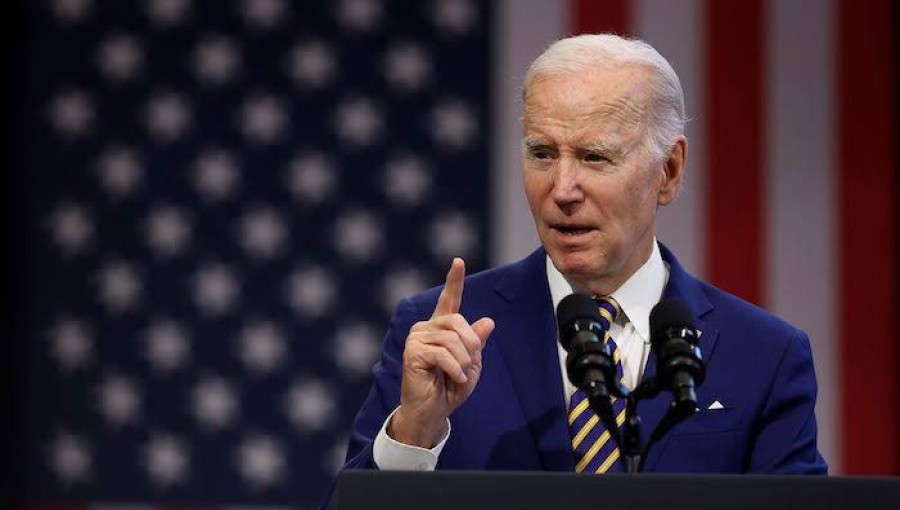

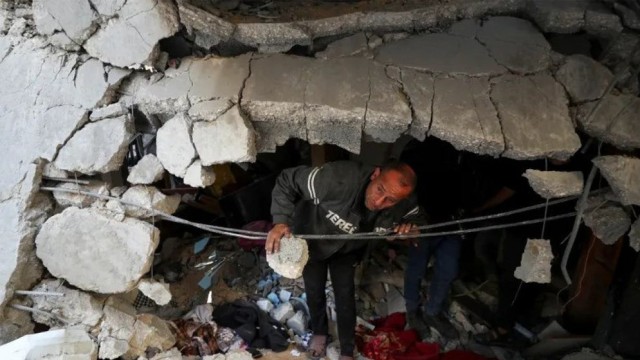
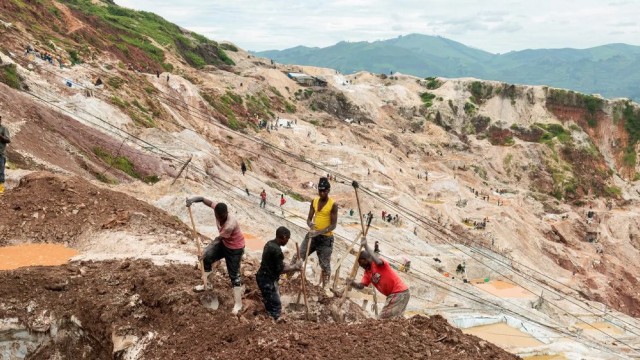
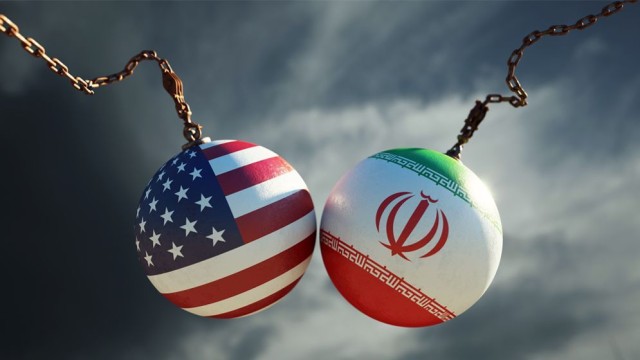
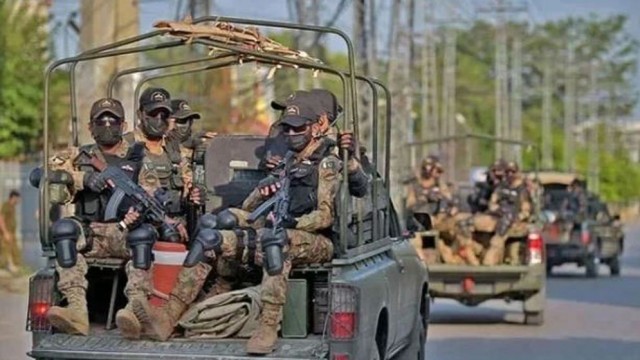

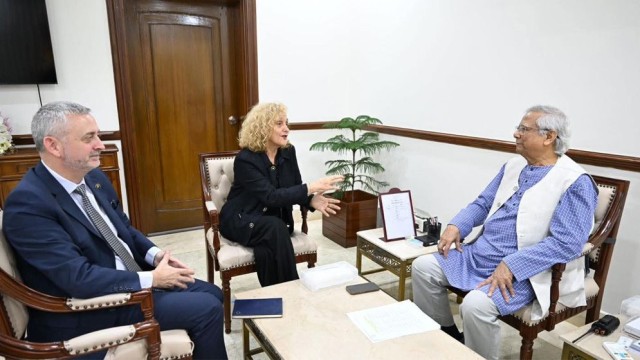

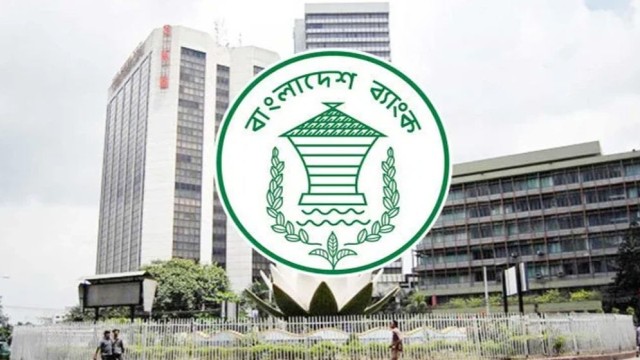
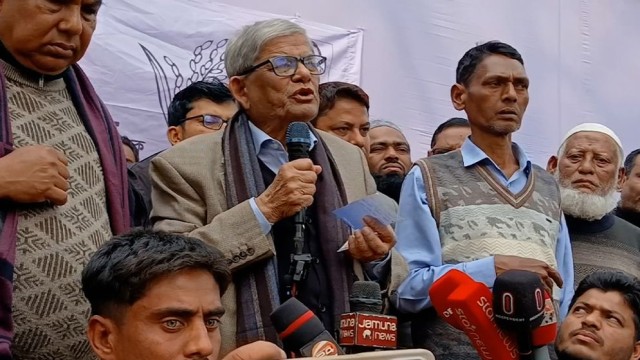

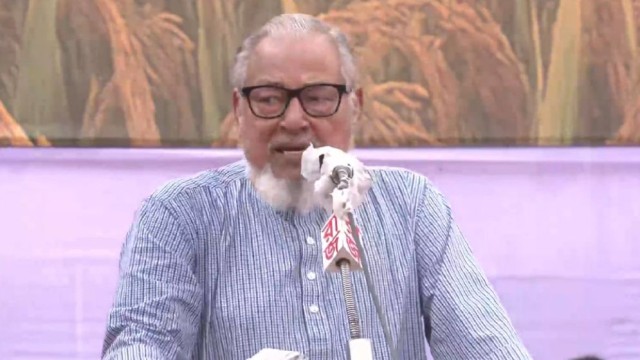



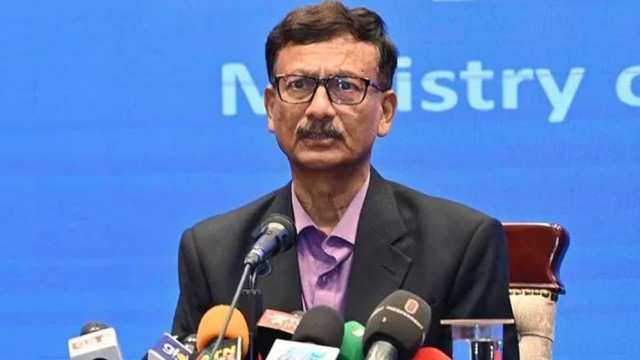


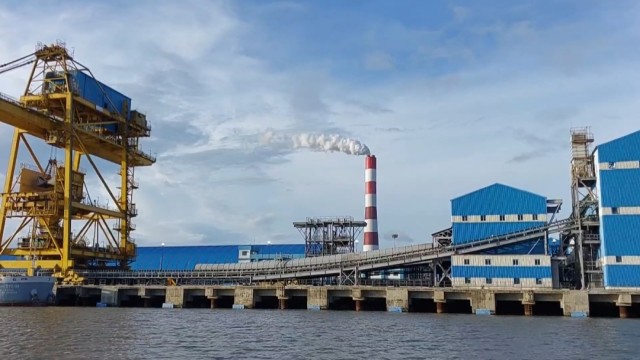


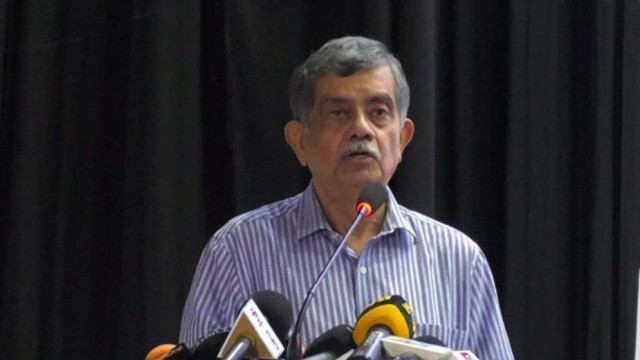



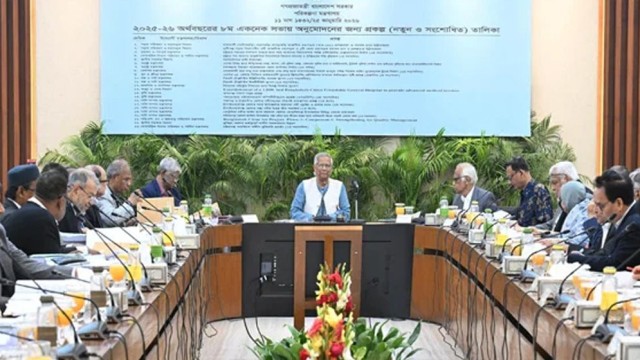
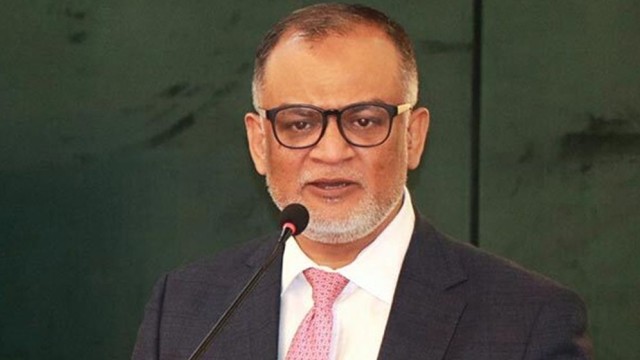
Comment: